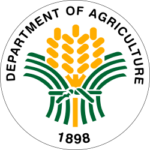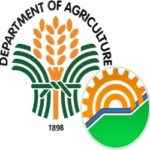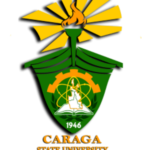WE INTERACT IN THE MODERN WORLD
Farm to Market Road Impact Assessment(FAMRIA)
2nd Flr. Hiraya Building, Caraga State University, Ampayon, Butuan City, Philippines
About FAMRIA
The Farm to Market Road Impact Assessment (FaMRIA) Project is a comprehensive evaluation aimed at analyzing the effects and outcomes of implementing Farm-to-Market Roads (FMRs) in rural areas. This project involves a structured methodology to assess the impact of these roads on various socio-economic factors, agricultural productivity, and the overall well-being of local communities.
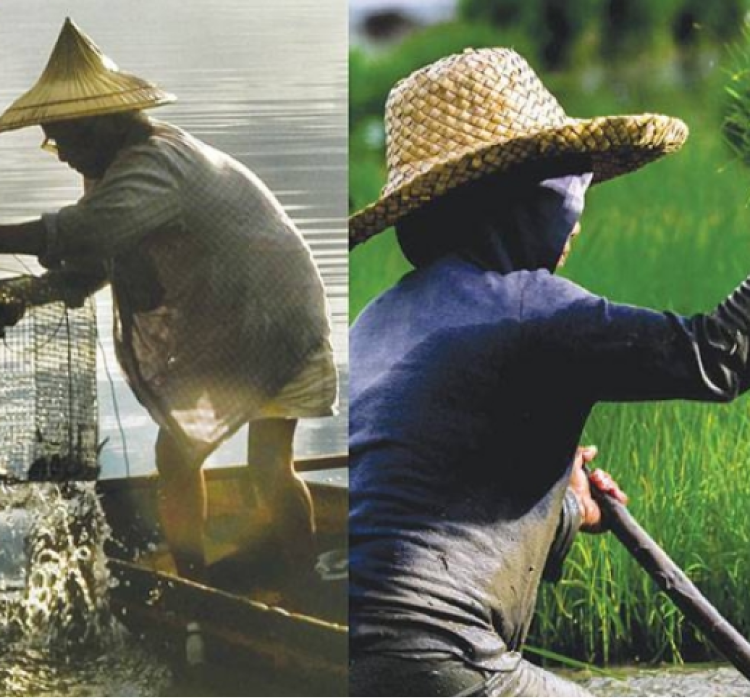
OBJECTIVES
1.Evaluate the Impact of Farm-to-Market Roads (FMRs)
Conduct a comprehensive analysis to assess the effects and outcomes of implementing FMRs in rural areas, focusing on socio-economic factors, agricultural productivity, and community well-being.
2.Baseline Data Collection
Gather baseline data on the socio-economic conditions of target rural areas before and after the construction or improvement of FMRs, including information on agricultural productivity, income levels, market access, transportation infrastructure, and community demographics.
3. Stakeholder Engagement
Engage with local communities, farmers, government agencies, non-governmental organizations (NGOs), and other relevant stakeholders to incorporate their perspectives and feedback into the assessment process, ensuring its relevance and effectiveness.
4. Road Infrastructure Assessment
Conduct a detailed assessment of FMR infrastructure, including the condition of existing roads, road upgrades, length and connectivity of roads, and their impact on transportation efficiency.
5. Impact Evaluation
Evaluate the impact of FMRs on agricultural productivity, income generation, employment opportunities, market access, and overall rural development using surveys, interviews, focus group discussions, and data analysis to measure changes over time.
6. Policy Recommendations
Based on the findings of the impact assessment, provide recommendations for policy interventions, infrastructure investments, and community development initiatives to maximize the positive impact of FMRs on rural livelihoods and food security.
7. Feedback Collection and Mitigation
Gather stakeholder feedback, comments, and suggestions to identify potential negative outcomes and enhance positive ones, facilitating the mitigation of adverse effects and the optimization of project benefits.
8. Provide Technical and Legal Basis for Reform
Offer technical and legal insights to inform the development of reformed policies, structural changes, and new projects or programs related to FMR interventions, ensuring alignment with development objectives and regulatory frameworks.








CONCEPTUAL FRAMEWORK
This figure is the proposed framework. It reflects the M&E phases from the project completion phase and the target outputs of the commissioned study.
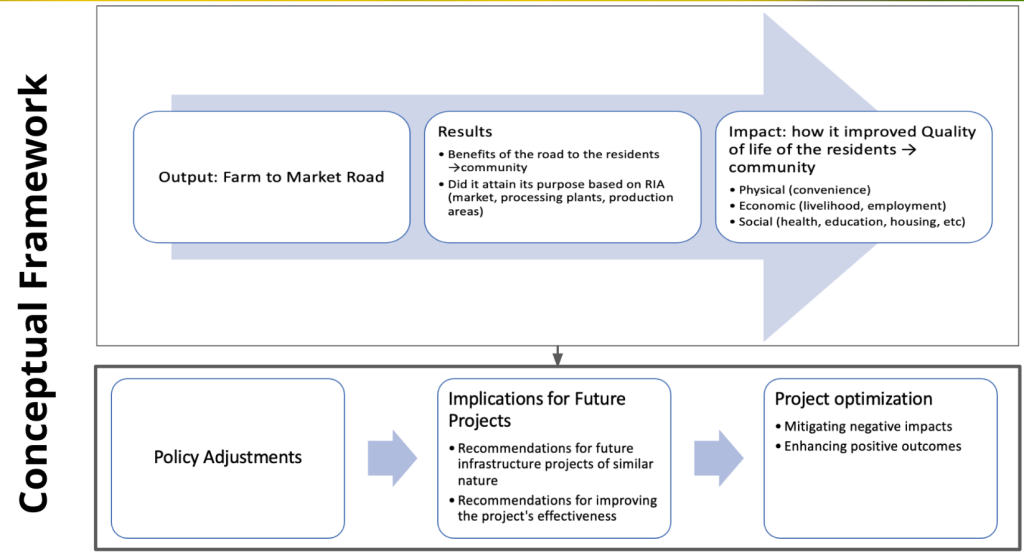
Contact Us
We interact in the modern world.
Learn More From
Frequently Asked Questions
It is located at the 2nd floor, Hiraya Building, Caraga State University
The Center for Human-Computer Interaction(CHCI) at Caraga State University is a University wide research center that addresses the foundation of human computer interaction technology applied to learning environments, social and rural contexts. It is a multidisciplinary endeavor from human sciences, computational, engineering and information technologies.
It fosters research and development in the area of artificial intelligence, augmented reality and other HCIs related fields of organization.
CHCI was founded in 2018.
Mining Augmented Reality and Virtual E-Learning Technologies.
The Farm-to-Market Road Impact Assessment (FaMRIA) Project is a collaboration between Caraga State University (CSU) and the Department of Agriculture- Bureau of Agricultural and Fisheries Engineering (DA-BAFE).

